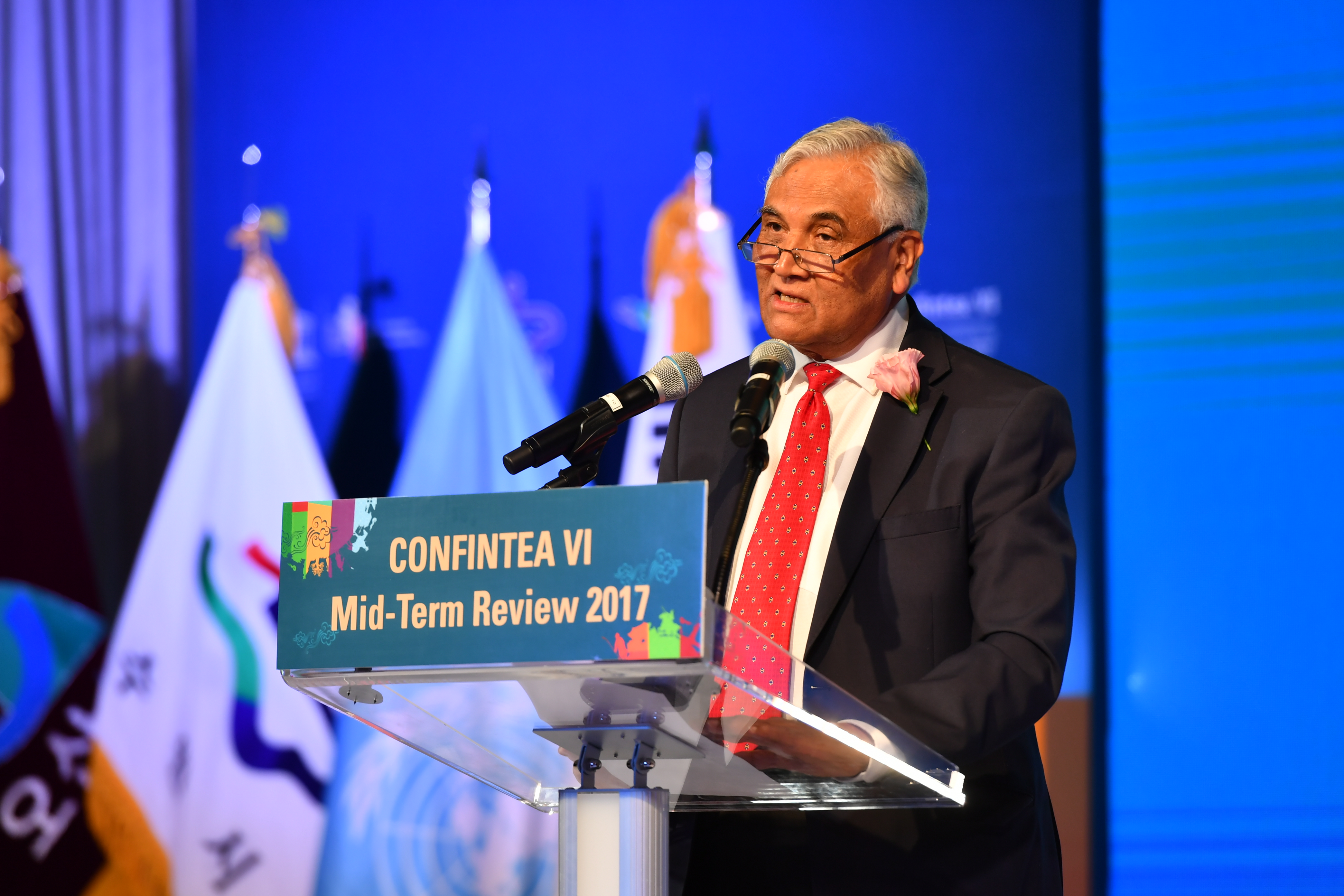Adult learning and education has the potential to address a wide range of agendas, but too often its effects are limited by a narrow understanding of its purpose, argues EAEA President Uwe Gartenschlaeger

An annual survey conducted by the European Association for the Education of Adults (EAEA) among its members provides evidence that European ALE has the potential to deliver services and formats to tackle the key challenges the continent and its people face. However, enabling frameworks are lagging behind and are still caught in a narrow understanding of ALE as a tool for vocational up-skilling. In contrast, EAEA members demand more attention (and funding) for holistic ALE provision, including, especially, civic education, education for sustainable development and digital literacy. Besides, ALE is perceived as a vaccination against xenophobia and a powerful instrument to enable citizens to act and transform their communities and societies.
Since 2014, the EAEA has been collecting outlooks from across its membership in 43 European countries on the adult education sector: recent developments, strengths, challenges and how national policy reflects international policies and initiatives relating to adult learning at present. These country reports present a unique civil-society perspective from all over the continent. Continue reading

